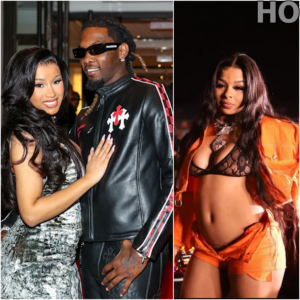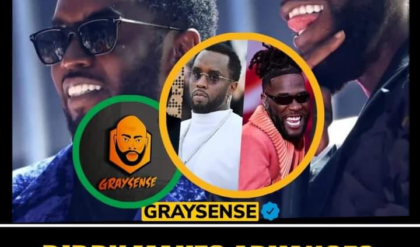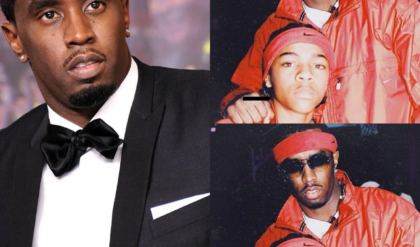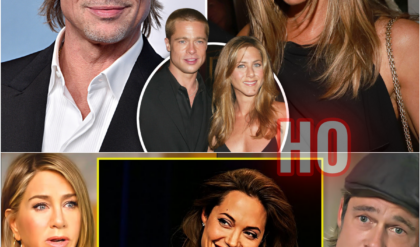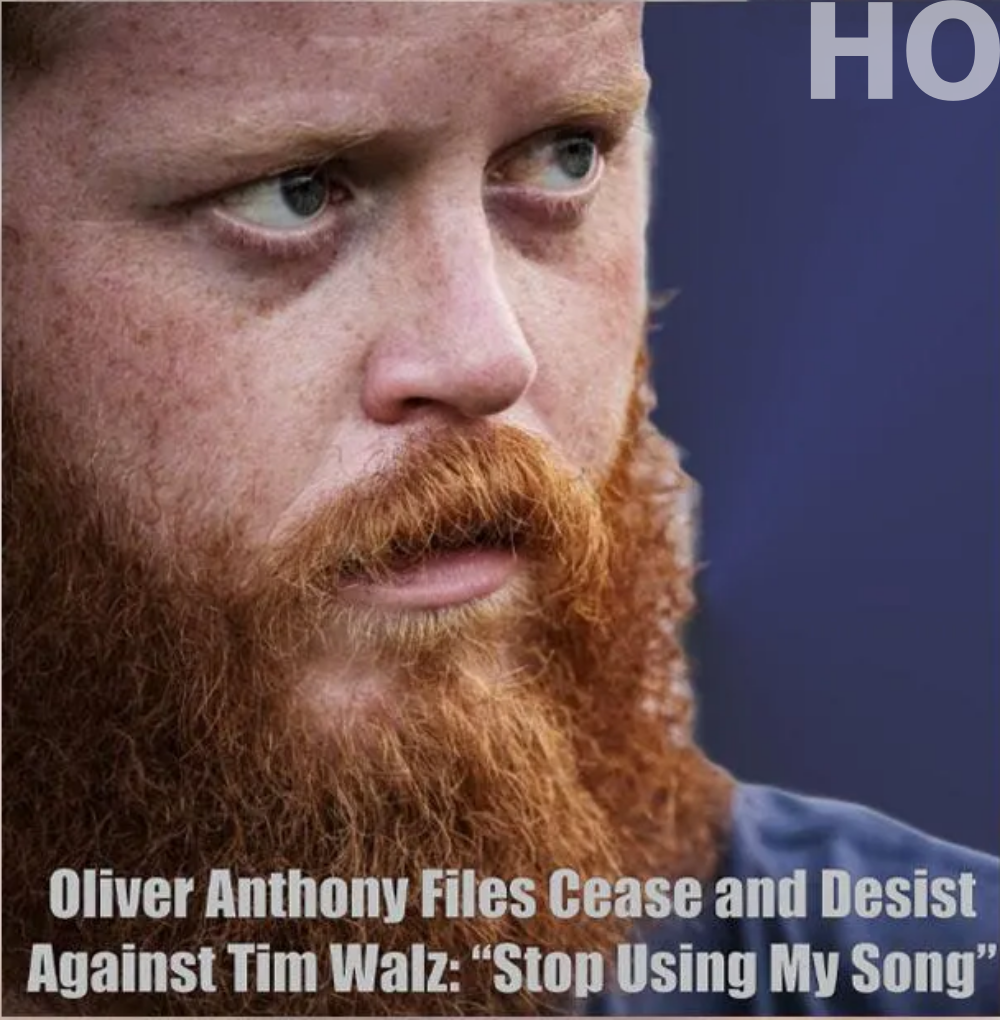
The claim of Oliver Anthony suing Tim Walz over his song use is unfounded and satirical
Rumors have been circulating about singer-songwriter Oliver Anthony taking legal action against Minnesota Governor Tim Walz, claiming he filed a cease and desist order concerning the use of his hit song, “Rich Men North of Richmond.” This rumor gained traction on August 11, 2024, particularly after Walz’s selection as Vice President Kamala Harris’s running mate for the upcoming election.
Social media platforms, especially X, saw numerous posts recounting this claim, including one from user @harparr1, which featured the headline, “Oliver Anthony Files Cease and Desist Against Tim Walz: ‘Stop Using My Song.'” This post suggested Anthony was upset over his song being played without permission at political events.
Despite how convincing these claims sounded, there hasn’t been any verifiable evidence of Anthony issuing such a cease and desist. No legal documents backing the rumor have surfaced, nor has there been any credible news outlet confirming the accusation.
The origins of the rumor can be traced back to America’s Last Line of Defense (ALLOD), which is known for its satirical approach to news creation. Their content carries labels indicating it is not meant to be taken seriously, though many people mistakenly interpret it as factual.
An analysis of social media behavior shows how quickly misinformation can spread, especially when associated with prominent figures like Anthony or politicians like Walz. One astute Facebook user noted the absurd nature of the meme circulating about Anthony, pointing out nothing suggested Anthony’s song was directly used by Democrats.
The situation is complicated by the fact Anthony’s song was played at Republican events, which Anthony himself commented on during his rise to fame last year. He acknowledged during his video discussions how he found it amusing when his song featured at political debates, particularly referencing its use during Fox News segments.
Anthony’s rise to popularity came with his song’s ascent to number one on the Billboard Hot 100, with many listeners connecting personally to its themes of working-class struggles. He once said he felt fortunate since the song’s success meant he wouldn’t need to work another day for his entire life.
While the claims about Anthony’s displeasure with Walz may seem serious at first, there is no basis for them—no public comments from Anthony corroborate the view he felt wronged. This case serves as another reminder about the dangers of misinformation spreading on social media and how easily it can confuse genuine public sentiment.
While public reaction to these kinds of rumors can be intense, it’s often worth taking a step back to assess the authenticity of any sensational claim before jumping on the bandwagon. The interactions between social media dynamics and public figures pose unique challenges both for the individuals involved and for the public trying to discern fact from fiction.
The challenge remains for everyday users to differentiate between fact and satire, especially when powerful cultural symbols become involved. Looking closely at where information is coming from can save many from the pitfalls of spreading false narratives.
News
Cardi B surprised her 170 million followers with her bold action during a livestream, showing off her breasts to celebrate the release of her new music video! – S
While livestreaming on her personal page with nearly 170 million followers, female singer and rapper Cardi B suddenly opened her shirt to show off her bust because she was excited about the release of her new MV. At a livestream on…
Chrisean Rock Finally “Breaks Silence” On Cardi B’s Cheating Claims With Offset – S
In this jaw-dropping update, Chrisean Rock spills the tea on the recent scandal involving her and Cardi B’s ex, Offset. Things are about to heat up as she addresses Blueface’s cheating allegations, leaving fans on the edge of their…
Cardi B and Offset turned up the sexy heat as they enjoyed his “Set It Off” album release party in Miami. – S
Cardi B and Offset create a sexy vibe as they party the night away at his Set It Off album release party in Miami Cardi B and Offset created a sexy tone as they partied the night away in Miami Friday. The couple…
Irrefutable video evidence has been discovered of Offset having a relationship with Chrisean Rock, as the two are seen kissing each other in public: The truth is shocking! – S
After confirming her breakup from Offset during an Instagram Live on Sunday amid rumors he cheated on her with Chrisean Rock (which he has denied), the WAP star returned to the ‘gram on Friday with a heartbreaking, rage-induced rant! In the stream, which was captured and reposted by various outlets,…
Cardi B just shocked the world when she revealed on live TV that “Blue Ivy is p.r.e.g.n.a.n.t!” and didn’t forget to send a surprise congratulation. What’s going on? – S
In a shocking twist that has the internet buzzing, Cardi B set social media on fire after claiming that Blue Ivy, the daughter of Beyoncé and Jay-Z, is pregnant! The unexpected announcement came during a live TV interview when Cardi…
Cardi B Dragged Into Nicki Minaj and Megan Thee Stallion Beef As Social Media Reacts To “Hiss” – S
The Ongoing Feud: Cardi B, Megan Thee Stallion, and Nicki Minaj The hip-hop landscape is buzzing with tension as the feud between Megan Thee Stallion and Nicki Minaj intensifies. In the center of this storm is Cardi B, a fierce…
End of content
No more pages to load

